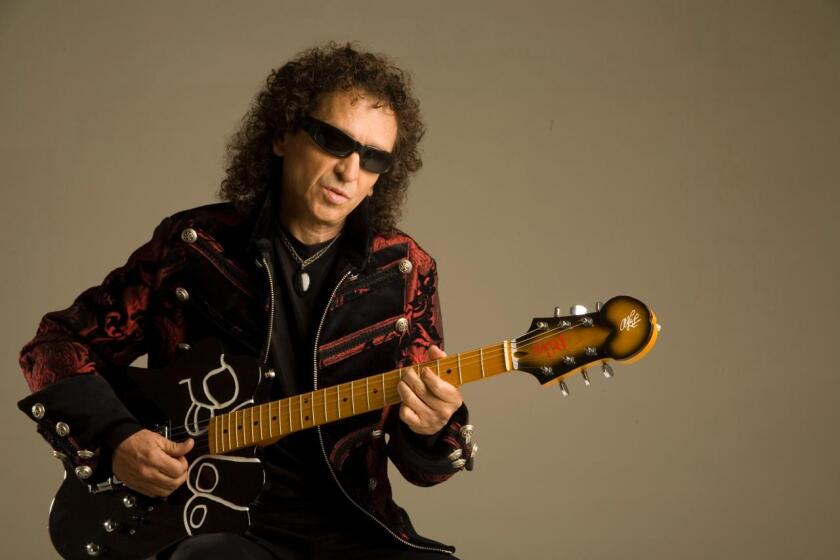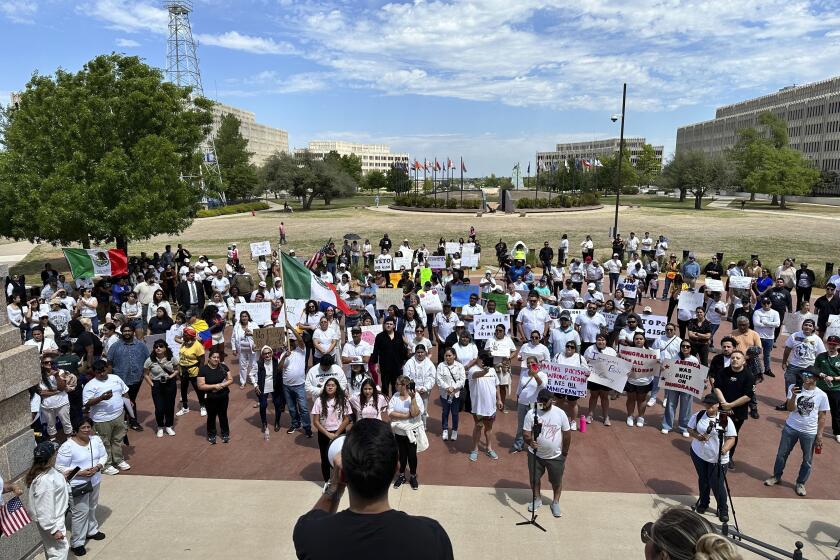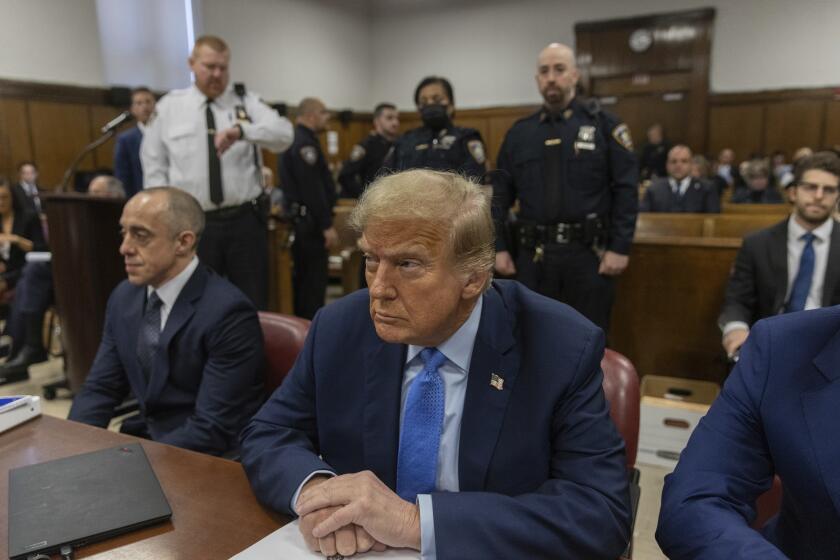Dozens of countries support Maduro at UN, Cuba says US preparing its military
China, Russia and several dozen other countries on Thursday committed themselves at the United Nations to defending the Venezuelan government of Nicolas Maduro in the face of moves by the United States.
Surrounded by representatives of many of those nations, Venezuelan Foreign Minister Jorge Arreaza presented a declaration in which that coalition denounced the violation of basic UN principles such as the respect for national sovereignty and criticized Washington’s sanctions and threats against the Maduro regime.
“In the coming days we will begin a series of actions as a group to raise awareness regarding the dangers that are currently confronting our peoples and, especially, the people of the Bolivarian Republic of Venezuela,” Arreaza stated, reading directly from the document.
When asked about the situation, the Venezuelan foreign minister refused to divulge what measures were being contemplated, but he emphasized that Caracas and its supporting nations will seek “coordinated” action at all levels of the UN.
Russia and China are permanent members of the UN Security Council and thus have the ability to veto any initiative put forward by the US and/or its allies in that body.
Accompanying the Maduro regime’s top diplomat were the UN ambassadors of Cuba, Nicaragua, Iran, Syria and Palestine.
Meanwhile, Cuba’s government on Thursday accused the US of moving troops in the Caribbean in preparation for a future military operation against Venezuela, although the Dominican Republic said no such action is under way.
In a statement, Havana said that between Feb. 6-10 it detected flights by military transport aircraft from the US to bases located in the Dominican Republic, as well as in Puerto Rico and other Caribbean islands.
It said those flights were conducted “surely without the knowledge of those nations’ governments.”
These movements originated in US military installations that serve as bases for covert actions by special operations forces and Marine Corps units, “including against leaders of other countries,” read the statement, which was published in the Communist-ruled island’s media.
But the Dominican Republic’s foreign minister, Miguel Vargas, denied Thursday that any US military aircraft had landed at the San Isidro Air Base east of Santo Domingo as a prelude to military action against Venezuela.
Vargas, who is currently accompanying Dominican President Danilo Medina on a trip to Italy, said in a statement that the Dominican Republic “is a nation that adheres to the principle of non-intervention.”
Regarding the Venezuelan crisis, Vargas called for a peaceful and democratic solution and expressed support for free elections backed by the international community.
In its statement, the Cuban government also referred to an ongoing effort by the US, Colombia and the Venezuelan opposition to deliver humanitarian assistance to the crisis-racked country.
“The US intends to fabricate a humanitarian pretext for initiating a military aggression against Venezuela,” the Cuban government said, echoing Maduro’s justification for using his military to block aid deliveries.
Havana furthermore said the assistance that Maduro’s enemies are trying to deliver over the Venezuelan-Colombian border is paltry and a “thousand times” inferior to the economic damage that Washington has caused to the South American country, Cuba’s closest ally and top oil supplier.
Maduro and his allies say US-led economic sabotage is to blame for the country’s severe food and medicine shortages and hyperinflation, while critics of the leftist president and his late political mentor and predecessor, Hugo Chavez , say socialist policies dating back to 1999 have destroyed a once-prosperous economy.
In Moscow, the Russia Foreign Ministry said it has no intention of changing its stance in support of the current administration in Venezuela despite a ramping-up of interest by other governments, including that of the US, in the crisis engulfing the South American country.
Ministry spokeswoman Maria Zakharova said her country would continue to adhere to international law regarding sovereignty, in accordance with the United Nations Charter, but was concerned there were clear signs that the US and other countries were beginning to press for regime change.
“Venezuelan servicemen are openly being incited to rebel,” Zakharova said. “High-ranking officials in Washington are calling on the armed forces of a sovereign state to side with new political leadership,” she added.
The ministry’s statements came after reports emerged suggesting that the US had been directly urging officers in Venezuela’s army to support opposition leader and self-appointed interim president Juan Guaido.
Zakharova said the US had chosen a route toward a showdown by encouraging the South American country’s army to change its allegiance, adding that fomenting a military uprising against Maduro was rapidly becoming a priority for some countries.
“In general, everything seems to suggest that the White House has chosen a situation of acute confrontation with the use of force in Venezuela,” she said, adding that Washington “does not even try to hide this anymore.”
She said disinformation and psychological pressure had been applied, and added that this had prompted Russian Foreign Minister Sergei Lavrov to telephone his US counterpart Mike Pompeo to warn against military meddling in Venezuela.
“The day before yesterday there was a telephone conversation between Foreign Minister Sergei Lavrov and the US Secretary of State, Mr. Pompeo, during which the Russian minister warned against any external interference in the internal affairs of Venezuela,” Zakharova said.
The spokeswoman added that the humanitarian aid convoys being prepared in Colombia were a provocation that could lead to violence.
“Let us not deceive ourselves, what is being prepared is a provocation under the guise of a humanitarian convoy that could lead to casualties,” she said, adding that the convoys were being prepared as a pretext for action to be launched from outside Venezuela.
Zakharova said Russia was strongly opposed to mixing politics with humanitarian aid and said the supplies that Venezuela might need should be channeled through internationally accepted methods, with deliveries being handled by the United Nations’ office in Caracas and not in border towns.
Zakharova’s statement came after US President Donald Trump and his Colombian counterpart, Ivan Duque, agreed to provide “humanitarian aid” to Venezuela.
Colombia is also strongly opposed to the Maduro regime.



